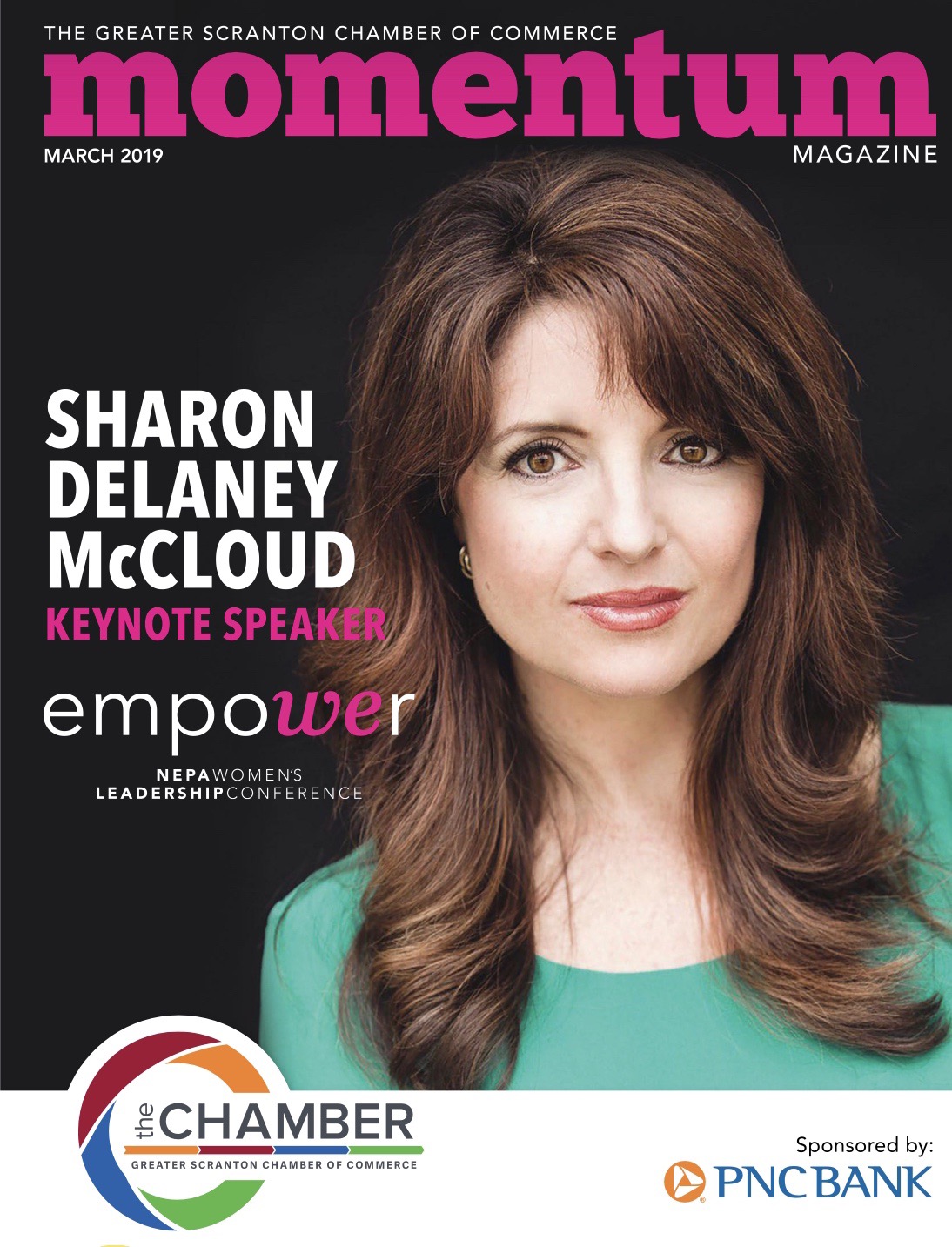A NAME FOR A PARENT WHOSE CHILD HAS DIED
- Sharon Delaney McCloud

- Nov 24, 2019
- 3 min read
Updated: Nov 24, 2019
Reposted from Duke Today
By KARLA FC HOLLOWAY
In an NPR essay nearly three years ago, I pondered over the lack of a word for parents whose child had died. I remember I said it must be a quiet word, like our grief, but clear in its claim. I recalled the word that Lady Bird Johnson wanted no part of when her husband President Lyndon Johnson died -- "widow" -- a Sanskrit word that meant "empty." She was not empty, she asserted. She was grieving. But at least she had a word to resist.
On this Memorial Day, when we remember those who have died in war, we are still without a word that identifies their survivors' loss. That denies them whatever notice formed words like "orphan" and "widow" may provide. Grief leaves a melancholy and sometimes nameless company.
I've noticed this absence for each of the days, months and even years since our son's death. I've leafed through the letters and emails from parents whose children have died, through the photographs mailed to me of T-shirts with the faces of dead children on them and images from sidewalk memorials. These were sent and shared by parents whose children's deaths inverted the natural order of things and forced their mothers and fathers to do the business of burying. That ought to have been the labor of a grown child, not a task for their parents. I have heard that there is a Chinese saying that the grey haired should not bury the black haired. Of course. It is an offense to the order of things.
This idea of orderliness and the disorder of a child's death eventually brought me back to the Sanskrit word "widow." And as creative as I thought I might be with language, as liberal as I was willing to be in borrowing a word from another language -- maybe from Swahili or Greek, French or Thai -- or even creating one myself from a collection of letters that I might shape into the meaning I needed, I returned to the language that had already given us one word. I considered that Sanskrit might locate another. And I found "vilomah."
Vilomah means "against a natural order." As in, the grey-haired should not bury those with black hair. As in our children should not precede us in death. If they do, we are vilomahed.
Each Memorial Day, there is a mourning that defies a natural order. But it extends beyond war. We need a name because of what happened at Columbine and Virginia Tech, for when a child is found beneath the rubble of an earthquake, or for dusty children who starve to death in Darfur. Our numbers grow daily -- with drive-bys and carelessness, with genocides and accidents, illnesses and suicide.
Vilomah is a name for the grief we represent. It might sound odd at first. But we have grown used to the word "widow." It's not much different, and it shares the same etymology.
And unfortunately, these days can give us ways and means abundantly to grow accustomed to a vilomah. A parent whose child has died is a vilomah. Watch the evening news and you will see a vilomah. Scan the news on the web and you will read about a vilomah. Walk through your neighborhood, there are homes with vilomahs inside.
The difference between today's grief and tomorrow's is that now there is a name. Vilomah. A parent whose child has died.





Comments